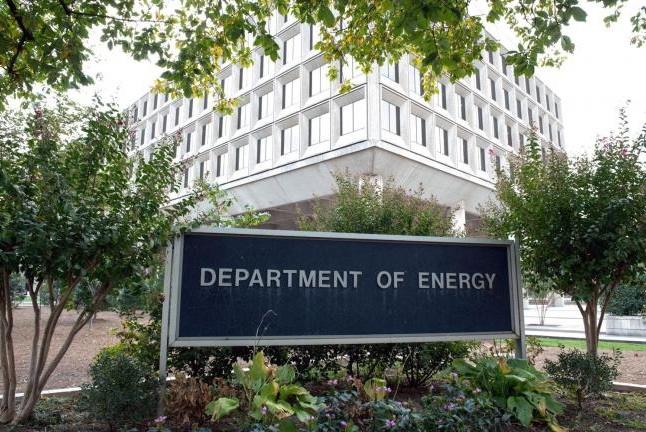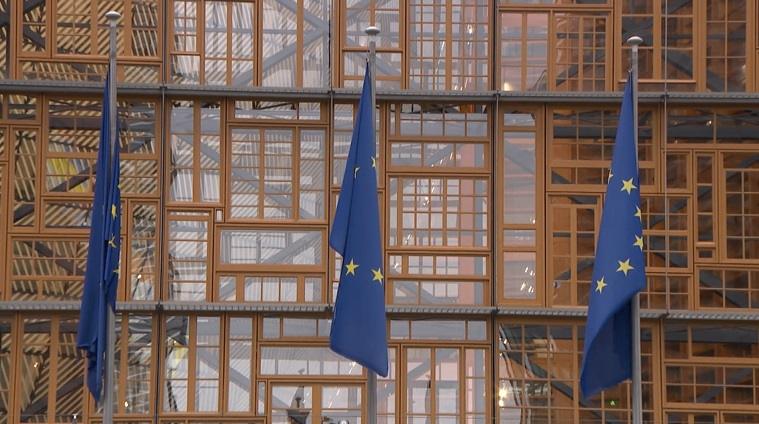U.S. to Invest $500 Million in Battery Materials, Manufacturing and Recycling
The U.S. Department of Energy (DOE) announced plans to provide nearly $1 billion in funding to bolster the production and supply of U.S.-based critical minerals and materials, with more than half to be channeled towards battery materials processing, manufacturing and recycling.
According to the DOE, the new planned funding programs align with President Trump’s Executive Order, “Unleashing American Energy,” issued on his first day in office, which directed the Secretary of Energy to “ensure that critical mineral projects, including the processing of critical minerals, receive consideration for Federal support.”
While Trump’s energy policies have shifted sharply towards fossil fuels and away from renewables, and the DOE’s announcement focused on the development of domestic supply chains, support for critical materials and minerals will also benefit energy transition and cleantech-focused sectors.
The new funding opportunities included plans by the DOE’s Office of Manufacturing and Energy Supply Chains (MESC) to issue a notice of funding opportunities (NOFO) of up to $500 million to expand U.S. critical mineral and materials processing and derivative battery manufacturing and recycling. Areas targeted by the NOFO will include demonstration and commercial facilities processing, recycling, or utilizing for manufacturing of traditional battery minerals such as lithium, graphite, nickel, copper, aluminum, as well as other minerals that are contained within commercially available batteries, such as rare earth elements.
Additional planned funding opportunities outlined by the DOE included $250 million for industrial facilities that have the potential to produce valuable mineral byproducts from existing industrial processes, up to $135 million to enhance domestic supply chains for rare earth elements, up to $50 million for the Critical Minerals and Materials (CMM) Accelerator program to help advance critical materials processing technologies towards commercialization, and $40 million for an Advanced Research Projects Agency-Energy (ARPA-E) program to develop technologies to recover critical minerals from industrial wastewater.
U.S. Secretary of Energy Chris Wright said:
“For too long, the United States has relied on foreign actors to supply and process the critical materials that are essential to modern life and our national security. Thanks to President Trump’s leadership, the Energy Department will play a leading role in reshoring the processing of critical materials and expanding our domestic supply of these indispensable resources.”





